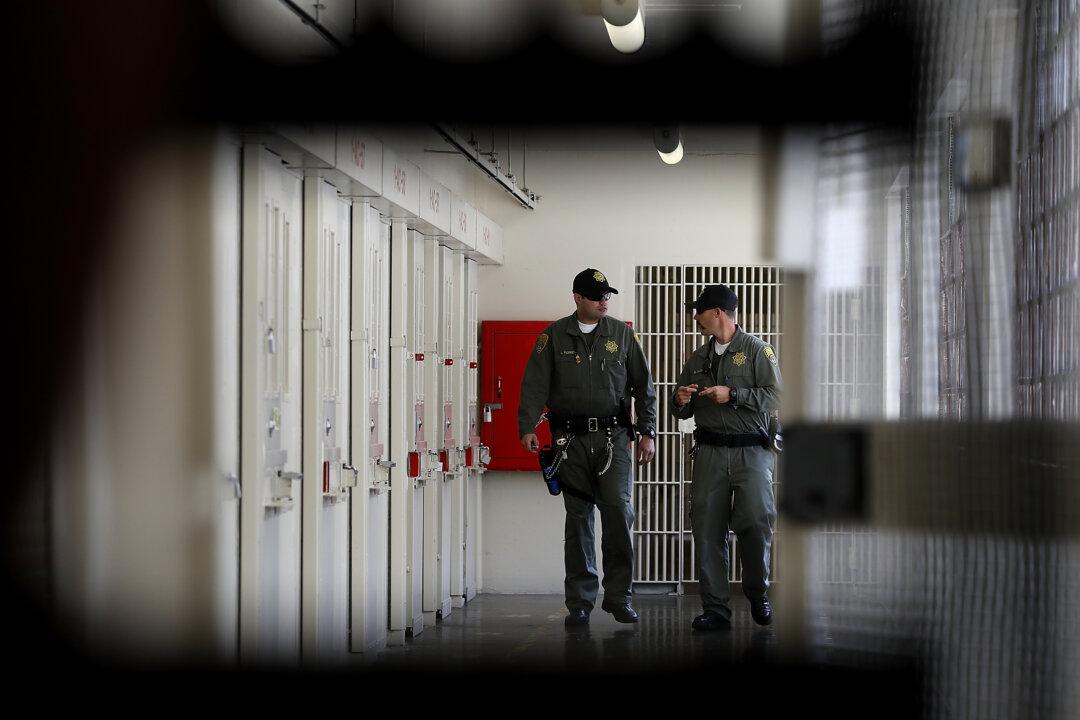A state audit, published on Oct. 15, of California’s program to place sexually violent predators in homes after they are released from prison or state hospitals found that the state lacked effective oversight of its contractor.
In general, State Auditor Grant Parks found that people who participated in the program—which places restrictions and conditions on released prisoners—were convicted of new offenses less often than those who didn’t.





